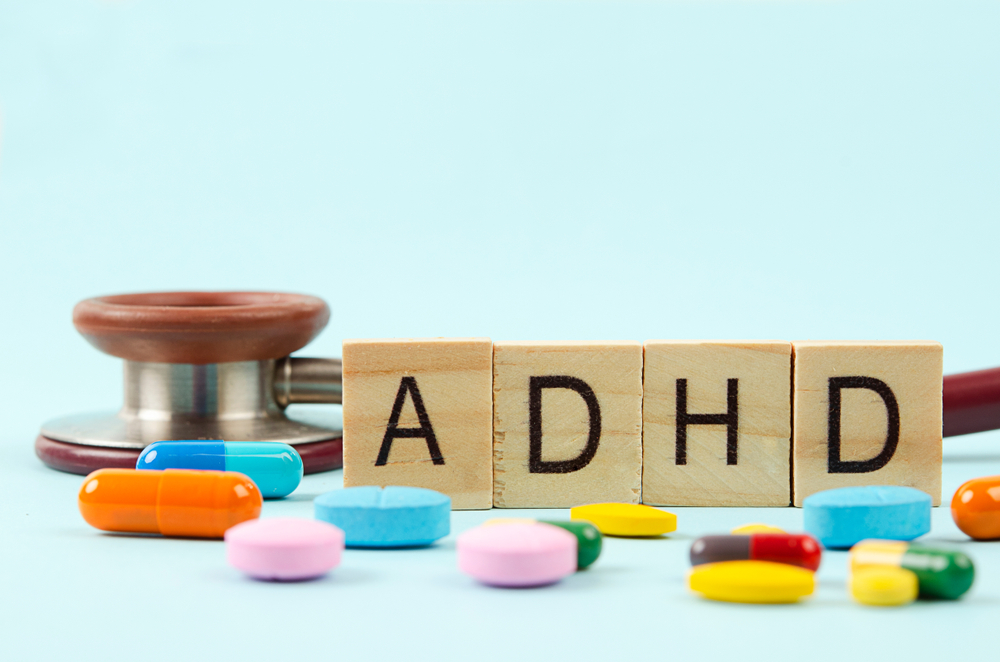Attention-deficit hyperactivity disorder (ADHD) is listed in the Diagnostic and Statistical Manual of Mental Disorders, Fifth Edition (DSM-5) as a chronic mental health condition. It is characterized by pervasive and impairing symptoms of inattention, hyperactivity, and impulsivity, which can significantly impact many aspects of behavior as well as performance, both at school and at home. The worldwide prevalence of ADHD is estimated to be around 2.2% in children and 2.8% in adults. According to the Centers for Disease Control and Prevention (CDC), nearly 3.3 million children between ages 12-17 have been diagnosed with ADHD in America, and it is considered to be the most common neuropsychiatric disorder in children. Treatment for ADHD typically includes a combination of both psychotherapy and medication.
ADHD Medications
The U.S. Food and Drug Administration (FDA) has approved several different kinds of medications to treat ADHD, many of which can be used to treat children as young as 6 years old. These medications target and treat the symptoms of ADHD, such as hyperactivity and impulsivity by increasing the levels of chemicals (neurotransmitters) in one’s brain. There are a variety of reasons a teenager may be reluctant to follow their ADHD medication regimen. However, studies show that about 80% of children with ADHD who are treated with medications improve a great deal once the right medication and dose are determined. Consider the following strategies to help cajole your teen into sticking with their medication routine:
-
- Give them the facts: Explain the diagnosis of ADHD from a strengths-based framework.
- Address stigma by protecting privacy: It is important to remember that your teenager’s ADHD diagnosis is not your information to share. It should remain as private as they wish and should not be discussed with anyone other than those with whom they choose.
- Be honest: Do not try to trick your teen into taking medication. Teenagers are less likely to resist taking daily pills when they feel included in and can assume some ownership over their treatment regimen.
- Allow them to make the choice: Rather than demanding they take medication, as a parent it is your role to advise, supervise, educate, encourage, reassure, remind, and assist them in concluding that medication is a critically important tool for success.
Part of accepting the condition is to accept the implications of treatment. Medications used to treat the symptoms of ADHD can be highly effective for children, making it easier for them to pay attention in school, maintain friendships, and navigate life.
For Information and Support
Every family in need of mental health treatment must select a program that will best suit the needs of their family. When one member of a family struggles, it impacts everyone in the family unit. To maximize the benefits of treatment we work closely with the entire family to ensure that everyone is receiving the support they need through these difficult times. Seeking help is never easy, but you are not alone! If you or someone you know needs mental health treatment, we strongly encourage you to reach out for help as quickly as possible. It is not uncommon for many mental health difficulties to impact a person’s life, long term. Pursuing support at the beginning of one’s journey can put the individual in the best position to learn how to manage themselves in a healthy way so they can go on to live happy and fulfilling lives.
OUR KNOWLEDGEABLE ADMISSIONS TEAM CAN BE REACHED 24/7 AT INFO@PACIFICRTC.COM OR CALL: 800-531-5769






